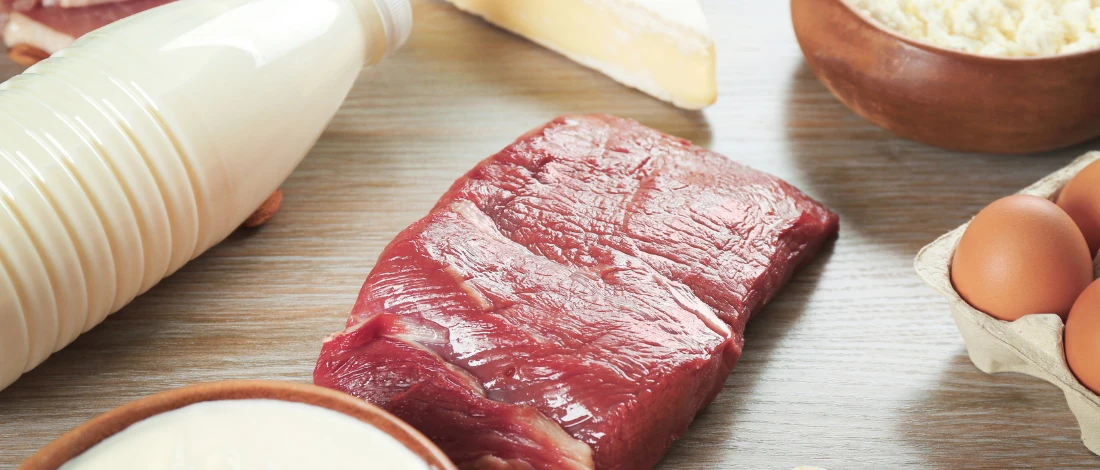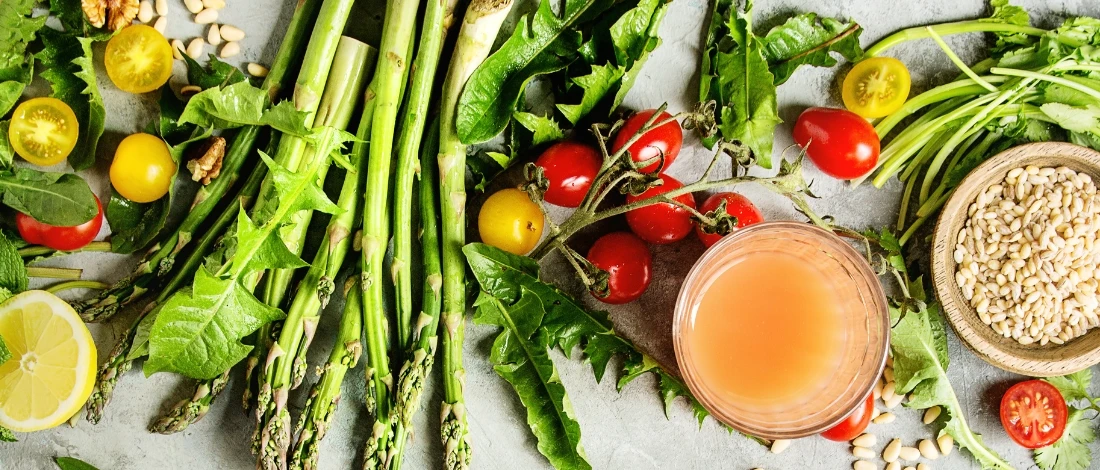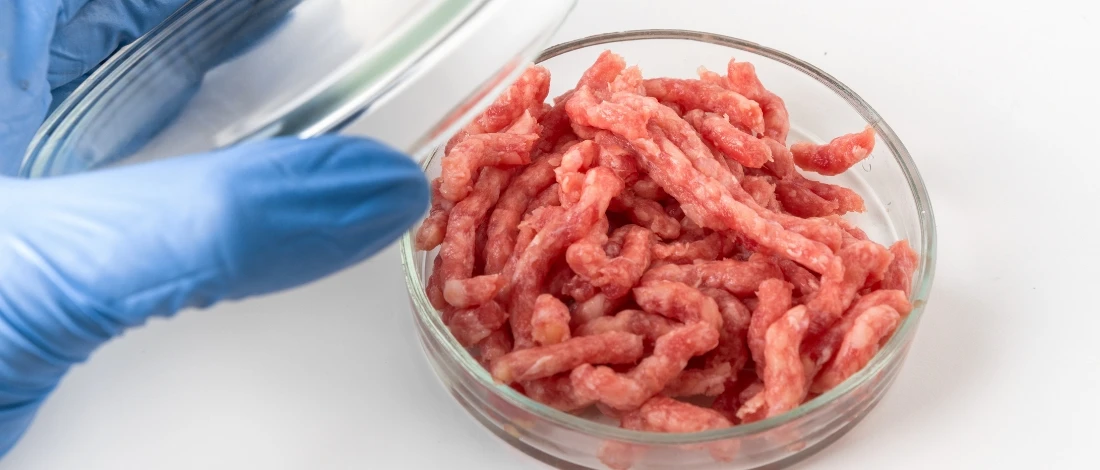Yang Ming Ship Collision Sparks Legal Battle Over Spoiled Meat Cargo
A container vessel collision involving the YM Truth (12,700 TEU, built 2020) has triggered a complex lawsuit, centering on responsibility for spoiled meat cargo.
The incident occurred in Vancouver and caused damage to pork and beef products onboard, resulting in claims by Japanese food companies.
Owned by Greece-based Costamare and operated by Taiwan’s Yang Ming Marine Transport, the vessel was caught in a collision with a crane at a Canadian terminal. The mishap led to significant losses of perishable goods, with the meat ultimately deemed unsalvageable.
Stakeholders Entangled in the Lawsuit
The legal wrangle involves multiple parties, including four liner operators, a Chinese ship lessor, the Canadian terminal company, and Costamare.
Determining liability for the spoiled cargo is at the heart of the dispute, with each entity contesting its level of responsibility.
According to reports, the food companies are seeking damages for the financial losses incurred, citing delays and mishandling following the collision. The situation underscores the vulnerability of perishable goods in complex global supply chains.
Industry Implications
This case highlights the challenges of assigning responsibility in shipping mishaps, especially with diverse stakeholders involved.
The dispute could have broader implications for liability agreements in maritime operations, especially for high-value or temperature-sensitive cargo.
As the legal proceedings unfold, the shipping industry is watching closely to see how the courts will navigate the tangled web of operators, owners, and service providers, and what precedents this case might set for future cargo disputes.
Curious about how shipping impacts the global meat industry? Visit our homepage for insights into supply chain challenges and solutions.






